TfL has a fresh £1.8bn bailout - but at what cost?

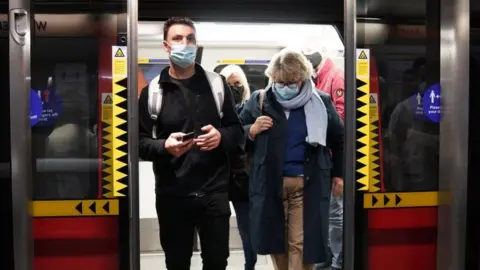 PA Media
PA MediaTransport for London (tfL) has secured another £1.8bn bailout to help it through the coronavirus pandemic. The deal will last another six months but could it shape a new future for London's transport?
Buried in TfL's latest deal with the Department for Transport (DfT) are some fascinating details that give us an indication of how London's future could look.
Despite weeks of speculation the congestion charge won't be expanded, but there are requirements for an expert-led review on driverless trains on the Tube and TfL will pay for a ferry to cross the Thames while the Hammersmith Bridge is repaired.
Also of note, in January, TfL's fares will go in up by inflation plus 1%.
But the document also sets a target date of April 2023 at the latest for TfL to "reach a financially sustainable position as soon as possible".
Crucially that does not include money from central government - but it does mean "potential new sources of income".
As I mentioned previously - will road charging be part of that?
Could we see vehicle charges at places like airports, or even more tolls?
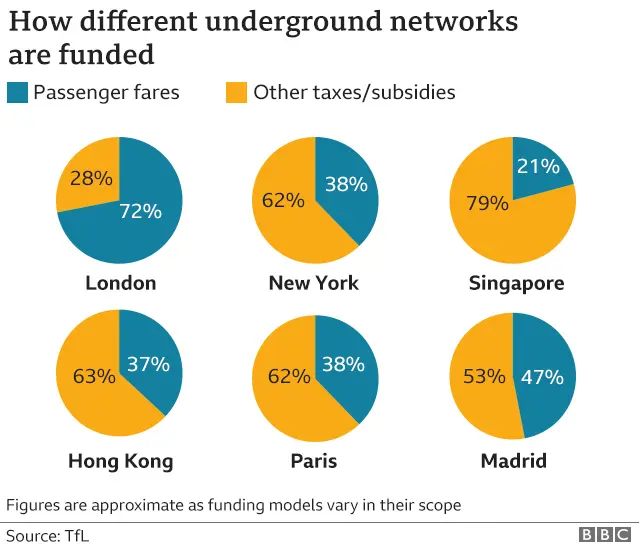
By 11 January, TfL will have to draw up a plan to achieve "financial sustainability" and that will also include more efficiencies.
There will be reviews of the £1bn cash reserves it holds, and its commercial activities, and also there could be land sales.
The extension of the ultra low emission zone (ULEZ) to within the North and South Circular Roads will go ahead next October and there will also be £160m additional savings on top of £413m already ear-marked for that year.
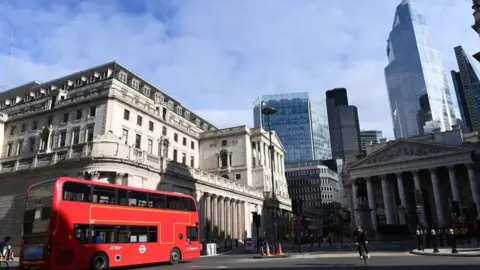 EPA
EPATrade unions are worried where those cuts will fall, but arguably the biggest shift is on concessions and how they will be paid for.
This in a way could be linked to "potential new sources of income".
The key quote is: "If the Mayor and TfL wish Londoners to continue to benefit from travel concessions and/or other benefits above those typically available elsewhere in England (specifically free travel for all Londoners under 18 and 60-65) then TfL/the Mayor recognises that the costs of these additional benefits will not be met by HMG [Her Majesty's Government] funding".
Funding for these concession travel cards will stay with the Mayor, who has proposed it could be paid for using the congestion charge changes or an increase to the Greater London Authority (GLA) council tax precept.
Now that goes right to the heart of this deal. The assumption now is if a London Mayor wants specific benefits for Londoners then it is Londoners who will have to pay.
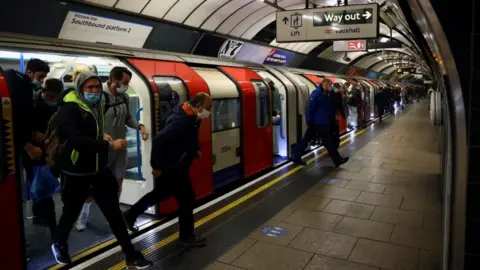 Reuters
ReutersThere could be a direct link between a council tax rise and maintaining free travel for 60 year olds.
Incidentally that policy was introduced by a certain Boris Johnson in 2012.
That could mean in a Mayoral campaign candidates having to argue that all Londoners council tax will increase to protect free travel for 60 year olds.
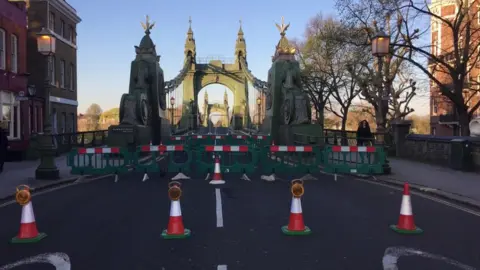
Will that be popular? I'd have thought not - and this could be the beginning of the end for free travel for 60 year olds.
And the wider picture is it links transport policies and real costs. And it certainly re-opens the debate about localism and taxes.
So this deal is not the end, it is really the beginning of a differently funded TfL.
